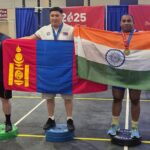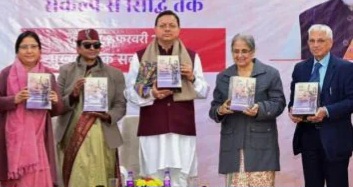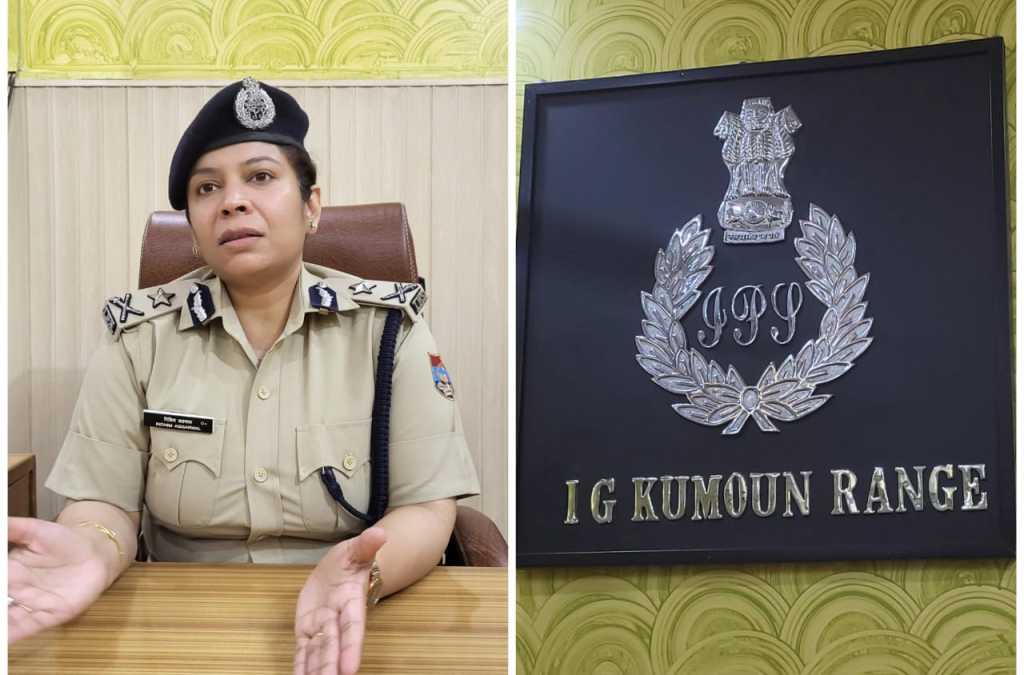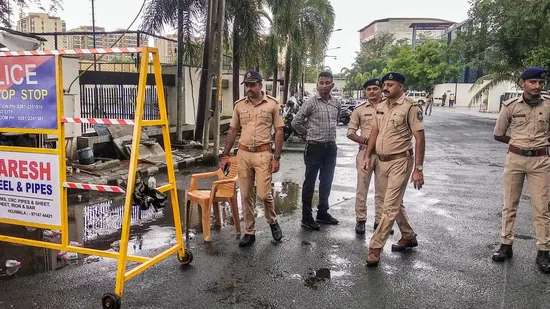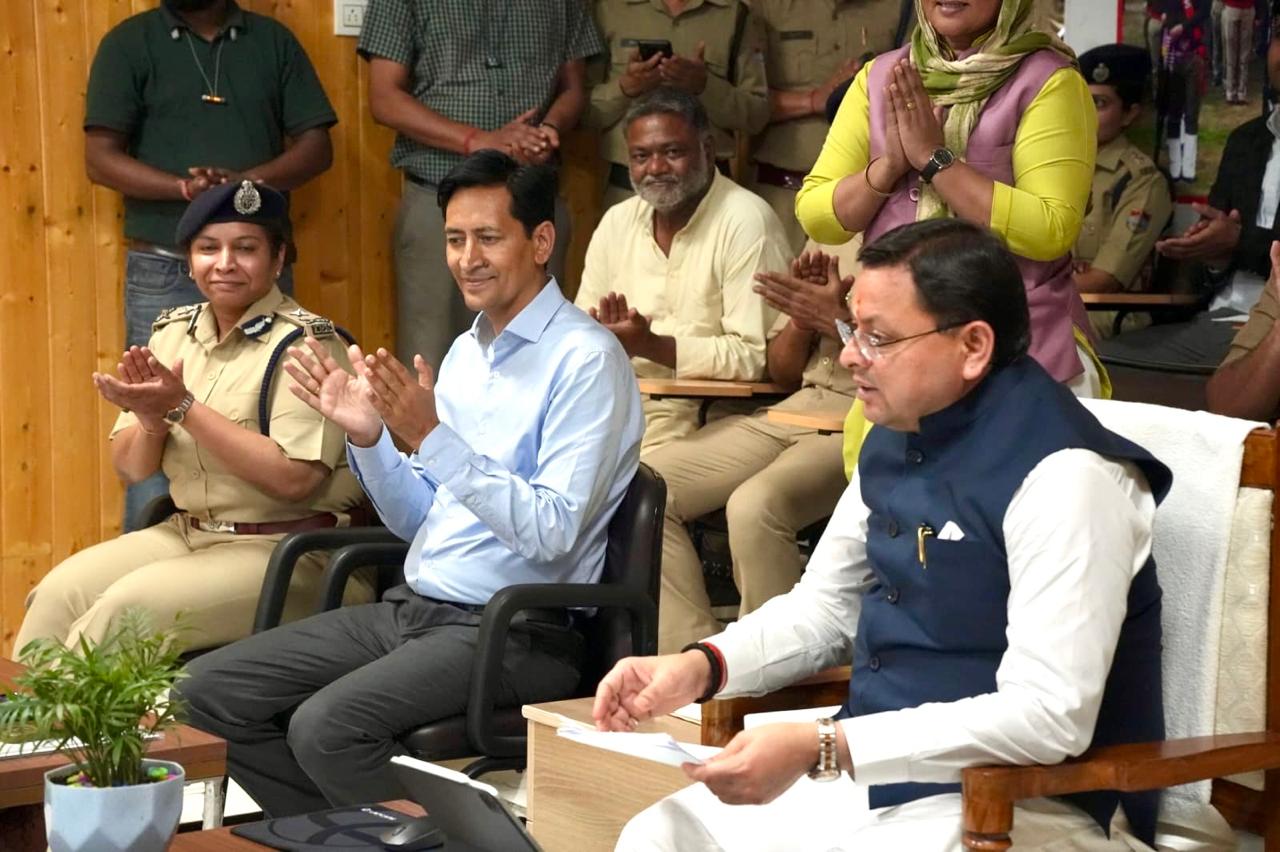Himalaya Harbinger, Rudrapur Bureau
As Uttarakhand Chief Minister Pushkar Singh Dhami reiterated that his government would roll out the Uniform Civil Code (UCC) by the end of January, several Muslim organisations are gearing up to challenge it in courts once it is implemented.
Pointing to the contentious provisions of the UCC, such as the exclusion of tribals, and questioning whether the Dhami government was right to enforce it when neighbouring states had not, organisations such as the Muslim Sewa Sangathan, the Tanzeem-E-Rehnuma-E-Millat, and the Jamiat Ulema-i-Hind indicated they would knock on the courts’ doors soon after the UCC is implemented.
Muslim Sewa Sangathan president Naeem Qureshi told The Indian Express that UCC would be challenged because it “violates” Article 246 of the Constitution, which provides for the Seventh Schedule to categorise subjects into State, Union and Concurrent lists.
How can you exempt tribals from the UCC? This shows that the government has little interest in streamlining personal laws (of religions) but is more interested in infringing upon the rights of minorities. We have prepared a writ petition, seeking exclusion from the UCC till the Centre brings a common code for the country, and will move the Uttarakhand High Court a day after it is implemented,” he said.
Questioning if the UCC can prevail over various Central legislations governing other religions, which were enforced only a few years ago, Qureshi claimed that the culture of one religion was being imposed on the others through the proposed code.
The Muslim organisations’ decision comes days after the Uttarakhand government on Monday began training its officials on the UCC website.
Some key changes that the UCC will bring about for the Muslim community include raising the minimum marriage age for men and women to 21 and 18, respectively in line with the Hindu Marriage Act, 1955 and Special Marriage Act, 1954.
This minimum age for Muslims to marry has been a subject of legal debate in courts as the Muslim personal law allows puberty (presumed to be at 13 years) as the minimum age of marriage for girls. Since the Protection of Children from Sexual Offences (POCSO) Act criminalised sexual activity between minors and the Prevention of Child Marriage Act prohibited marriage between minors, the Muslim age of marriage has been at odds with these laws.
The proposed code also outlaws the practices of bigamy and polygamy while criminalising certain Muslim practices like iddat (the four-month, 10-day waiting period for women to remarry) and nikah halala — a provision which mandates a Muslim man not to remarry his wife after he has divorced her unless the woman is married to a third person and gets divorced from the second husband or after the death of the second husband — without explicitly naming them. It also attracts punishment of jail time up to three years and/or a fine of Rs 1 lakh for anyone who “compels, abets or induces” a person to follow the practice.
Some questions have also been raised regarding the inheritance rules in the proposed UCC as it has a provision which provides an equal share for men and women under the intestate succession.
“The CM wants to create history with the UCC and claims the provisions will empower women. However, the proposed code has done away with the coparcenary system and in the case of Muslim women, which makes every woman an equal benefactor. Women will be left more vulnerable to being dispossessed as the code does not set a limit for testamentary succession. The Muslim personal law has a limit to this with just one-third being allowed to be bequeathed through a will,” said advocate and activist Razia Beig.
She said the proposed code was also silent on whether the legal status of Hindu Undivided Families (HUF) would be affected. “Will other religions be eligible for tax rebates under the HUF category? This is more complicated in states like Uttar Pradesh, Himachal Pradesh and Haryana as they do not have any such rules. What happens to the inheritance of a woman from Uttar Pradesh who is married to a man in Uttarakhand?” Beig asked.
Claiming that the over 1.5 lakh recommendations and objections raised with regard to the UCC by the community fell on deaf ears, Tanzeem-e-Rehnuma-e-Millat president Latafat Hussain said all members of the government panel were Hindus. “We protested against the proposed code but we were not heard. Now, we are only left with the option to move the court,” he said, indicating that the Jamiat Ulema-I-Hind and the All India Muslim Personal Law Board (AIMPLB) might move the High Court.
Hussain, who actively led statehood movements in the 1990s, called for the government to focus on implementing stricter land laws and domicile rules and generating employment opportunities. Locals in Uttarakhand have been demanding that “settlers” who have inhabited the region since the 1950s be given domicile status.




